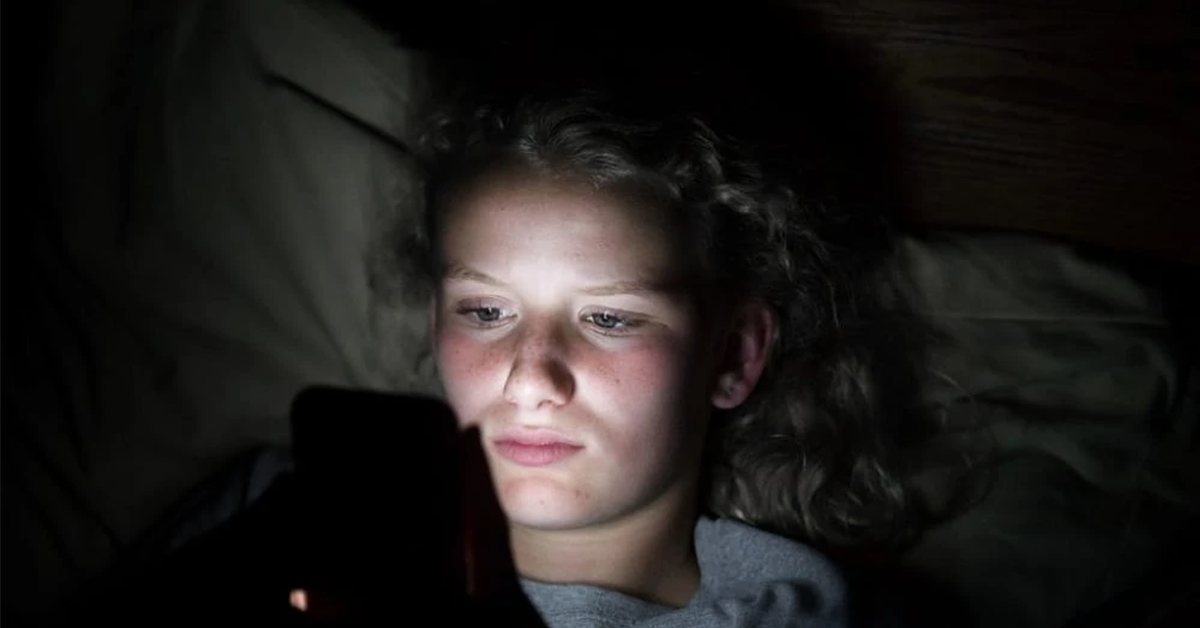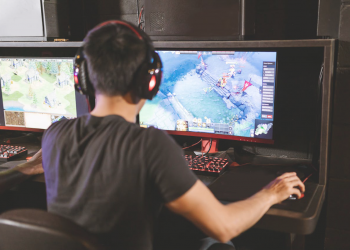Parents know the drill all too well.
It’s Monday morning, 7:15am.
The sun has risen, the birds are singing and the world is coming to life.
That is, except for their teen.
We’ll go out on a limb here and suggest that rousing teens from their slumber is a relentless daily battle for most parents.
And while that might be frustrating for parents, it’s no walk in the park for teens either.
As part of our Gen Z wellbeing research we asked them how they usually feel when they wake up, with 39% saying tired and lethargic compared to 7% who said fresh and energised, with the remaining 54% saying somewhere between these two sides of the spectrum.
A lot of this simply comes down to who they are – night owls. In fact, 70% said they’re night owls compared to the 30% who said they are early birds. Overall, 55% said they get less than the recommended eight hours of sleep a night.
But when we take into account that teens need an average of nine hours per night for health and wellbeing, it’s no wonder they have a habit of snoozing their alarm.
That got us thinking – what if we’re approaching this all wrong?
Why are we trying to mould our teens into the traditional workday (which, by the way, is the outdated remains of the industrial revolution’s factory model) at both the potential cost of their focus and attention in the classroom and their health and wellbeing?
Many experts, like science commentator Dr Karl, say it’s about time schools adjusted to the realities of teenage biology and take into account how important sleep is for young people’s brains to learn, better process thoughts, and develop emotional intelligence.
“Bang on puberty, two things happen with regard to your pineal gland in your brain. You make more melatonin, so from when you hit puberty to about your early-mid 20s you need 10 hours sleep and secondly, you need it later,” he told us at our Year13 Expo last year.
“(This means that) on average, high school students go through their whole high school education sleep-deprived.”
So what time should the school day begin?
According to our survey results 10% want the school day to start at 8am, 10% for 8.30am, 37% for 9am, 20% for 9.30am and 20% for 10am. So, the vast majority want 9am or later, no earlier thanks.
But Dr Karl reckons it should be closer to 11am.
Either way, it sounds like adjusting the school day to start later is a no-brainer.






